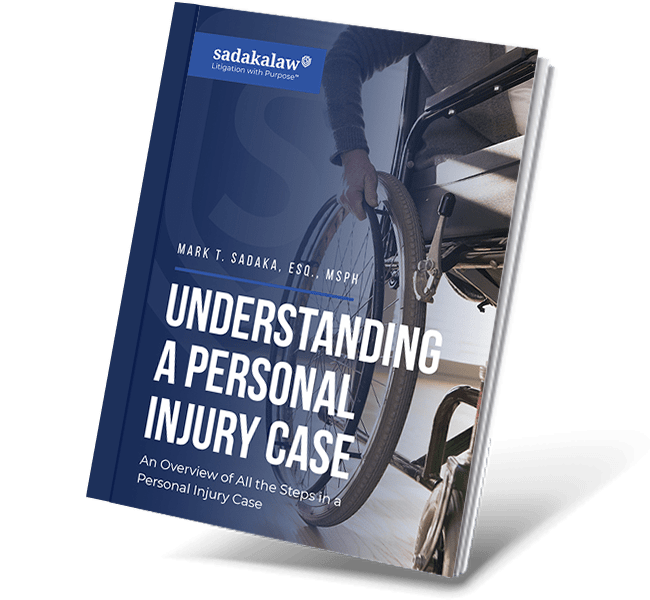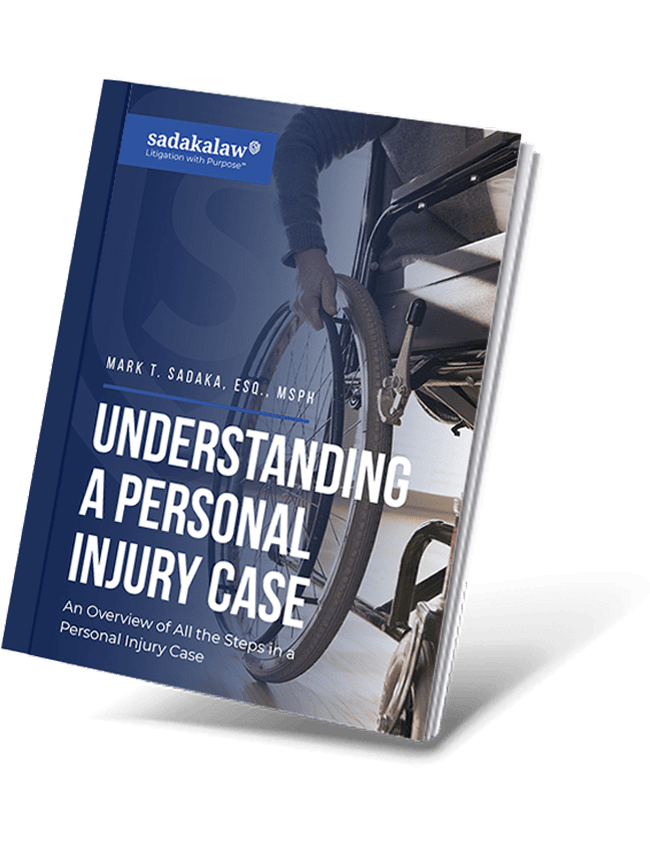 Diabetes is when the body doesn’t produce enough insulin to process glucose.
Diabetes is when the body doesn’t produce enough insulin to process glucose.
Symptoms of both type 1 diabetes and type 2 diabetes include: frequent urination, unusual thirst and hunger and extreme fatigue. Those with type 2 diabetes can also suffer from tingling or numbness in the hands and feet, frequent infections and slow healing cuts and sores.
Major complications from diabetes include: eye and vision problems, kidney disease, nerve damage, high blood pressure, stroke, heart disease, gastroparesis, peripheral arterial disease, skin infections and depression.
If you have diabetes and your condition has prevented you from working at least a year and you don’t see yourself as being able to work for at least another year, you may qualify for Social Security disability benefits or Supplemental Security Income benefits.
In order to qualify, your condition must severely limit your performance ability.
The Social Security Administration (SSA) will determine whether your diabetes limits your functioning to the point of not being able to work by assessing your residual functional capacity (RFC). Your RFC is a measurement of the level of activity that you can perform despite having diabetes. In order to determine your RFC, the SSA will review your medical history, your doctor’s opinion and statements from you, your family and your friends.
The SSA will be interested in how well you can use your arms and hands and stand and walk; as well as whether you can focus on daily tasks, get along with your peers and get to work regularly. If you have poor control over your glucose levels during the day, the SSA might discover that you are not able to concentrate for long time periods.
In some cases it may be suggested that you could transfer to another job, or the SSA might discover that there is no work you could be expected to do.
The SSA has a listing of impairments called, “The Blue Book” that tells how severe an illness has to be in order to qualify for disability benefits. Diabetes is no longer included as a separate disability listing, so showing you have diabetes won’t get you benefits. However, the complications arising from your diabetes that fall under a disability listing may get you approved for benefits.
You may consider consulted a disability attorney to get your case reviewed. A disability benefits attorney will help you present the proper questions to your doctor and can be a resource through the disability claims process.


